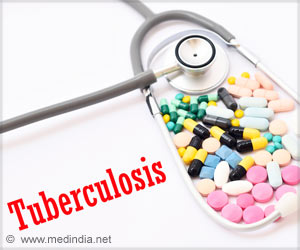The adverse effects reported to FDA for cosmetics, personal care products like hair care products, skin care and tattoos were recently examined.

Shuai Xu, M.D., M.Sc., of the Northwestern University Feinberg School of Medicine, Chicago, and coauthors, used the entire CFSAN data file (2004 to 2016), which included voluntary submissions by consumers and health care professionals.
Analysis showed there were 5,144 adverse events submitted from 2004 to 2016, an average of 396 events per year. From 2015 (706 events) to 2016 (1,591 events), there was an increase in adverse events, specifically involving hair care products, compared with the average.
The three most commonly reported products were hair care, skin care and tattoos. Those classes of products with higher than average reports of serious health outcomes were: baby, unclassified product classes, personal cleanliness, hair care and hair coloring products, according to the results.
Limitations of the study include that causality of adverse events cannot be determined from the data, health outcomes are self-reported and reports from consumers vs. health care professionals cannot be distinguished.
The authors suggest better cosmetic surveillance is needed: "Unlike devices, pharmaceuticals and dietary supplements, cosmetic manufacturers have no legal obligation to forward adverse events to the FDA; CFSAN reflects only a small proportion of all events. The data suggest that consumers attribute a significant proportion of serious health outcomes to cosmetics," the article concludes.
Advertisement
Source-Eurekalert









